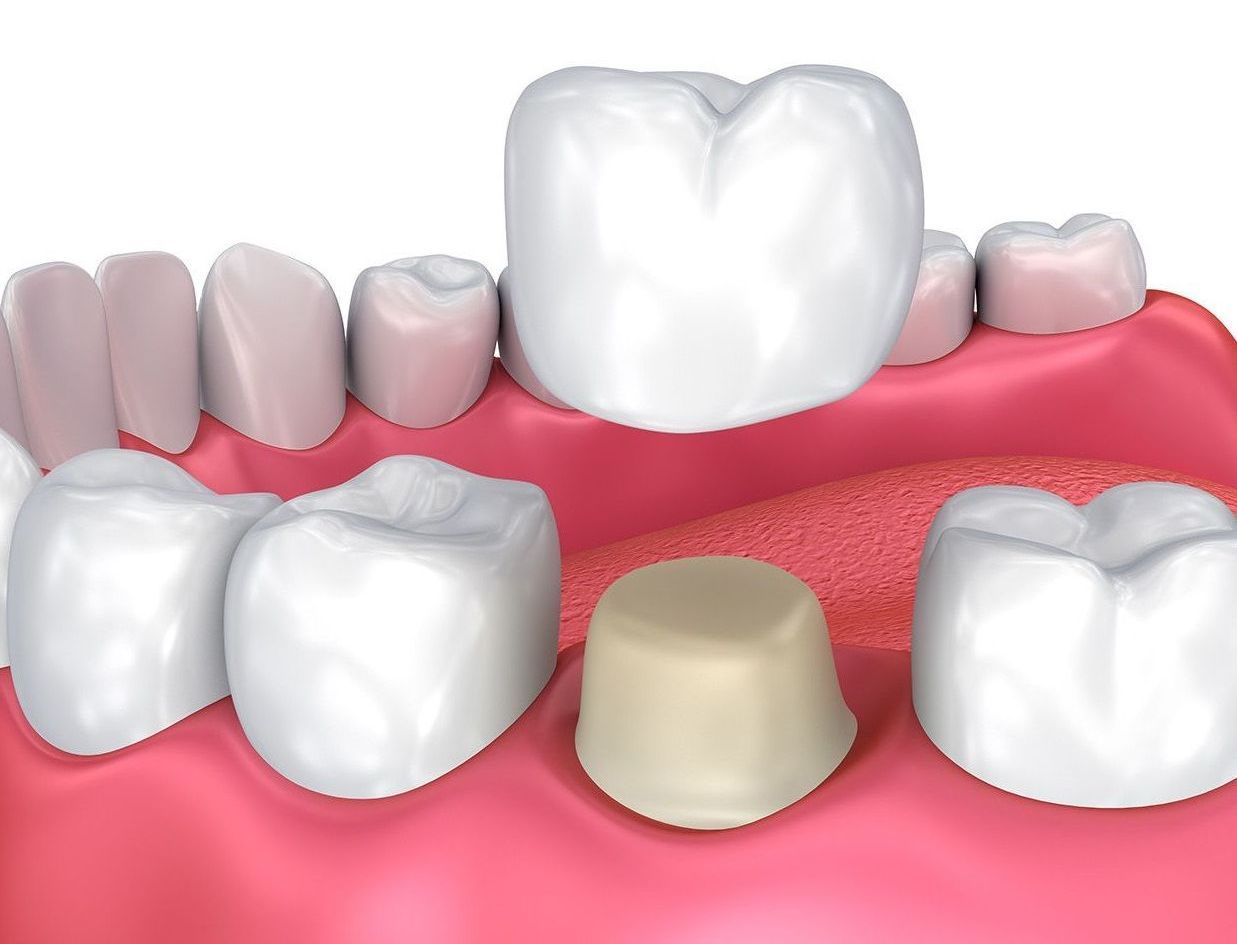When do Dental Benefits Expire?
Maximizing Your Oral Health: The Importance of Using Dental Insurance Benefits Before They Expire

As we approach the end of the year, there always seems to be a flurry of activity surrounding accomplishing work goals, navigating family needs, and preparing for holiday celebrations. However, amidst all the activities, there's one crucial aspect of healthcare that often goes overlooked – dental insurance benefits. Dental insurance is a valuable resource that can help us maintain good oral health and save money. In this article, we'll explore why it's essential to use dental insurance benefits before they expire at the end of the calendar year.
Financial Incentives
One of the primary reasons to use your dental insurance benefits before they expire is the financial advantage it provides. Most dental insurance plans come with an annual maximum benefit, which is the highest amount your insurance provider will pay for your dental treatments in a calendar year. This maximum benefit usually resets at the end of the year. If you don't use up your benefits, they don't roll over to the next year – you simply lose out on the money that could have been spent on your oral health.
By using your dental insurance benefits before they expire, you can prioritize your dental health needs while maximizing your investment in the plan. Whether you need a routine dental cleaning, a filling, or more extensive dental work, it's wise to schedule these appointments before December 31st to make the most of your insurance coverage.
Covers Preventive Care
Preventive dental care is the foundation of good oral health. Regular check-ups and cleanings are essential for detecting and addressing dental issues before they become serious and costly to treat. Dental insurance typically covers preventive services at little to no cost for the insured. This includes check-ups, cleanings, X-rays, and sometimes even fluoride treatments or sealants, depending on your plan.
By using your dental insurance benefits for preventive care, you not only save money but also ensure that any potential dental problems are caught early when they are easier and less expensive to treat. Neglecting preventive care can lead to more significant issues down the road, which may require extensive and costly procedures.
Helps to Prevent Dental Problems from Escalating
Dental problems don't always wait for the most convenient time to strike. If you delay necessary dental treatments until after your insurance benefits have expired, you run the risk of allowing minor issues to escalate into major problems. A small cavity, for example, can quickly progress to a painful tooth infection that may necessitate a root canal or even tooth extraction.
By using your dental insurance benefits before they expire, you can address dental issues promptly, preventing them from becoming more severe and costly to treat. This not only saves you money in the long run but also spares you from unnecessary pain and discomfort.
Yearly Deductibles Reset in the New Year
Many dental insurance plans have a yearly deductible, which is the amount you must pay out of pocket before your insurance coverage kicks in. This deductible usually resets at the beginning of each calendar year. If you've already met your deductible for the current year, it makes sense to schedule any necessary dental treatments before the year ends to take full advantage of your coverage.
In conclusion, your dental insurance benefits are a valuable resource that should not be wasted. By using them before they expire at the end of the calendar year, you can save money, prioritize preventive care, and prevent minor dental issues from turning into major problems. Don't let the hustle and bustle of the season cause you to overlook your oral health – schedule your dental appointments and make the most of your insurance benefits before it's too late. Your smile and your wallet will thank you for it.
Reach out to our dental team at Midlothian Dental Arts today with any questions, or CONTACT us now to schedule your appointment.










